- Soma Mater's Newsletter
- Posts
- Soma Mater's Newsletter
Soma Mater's Newsletter
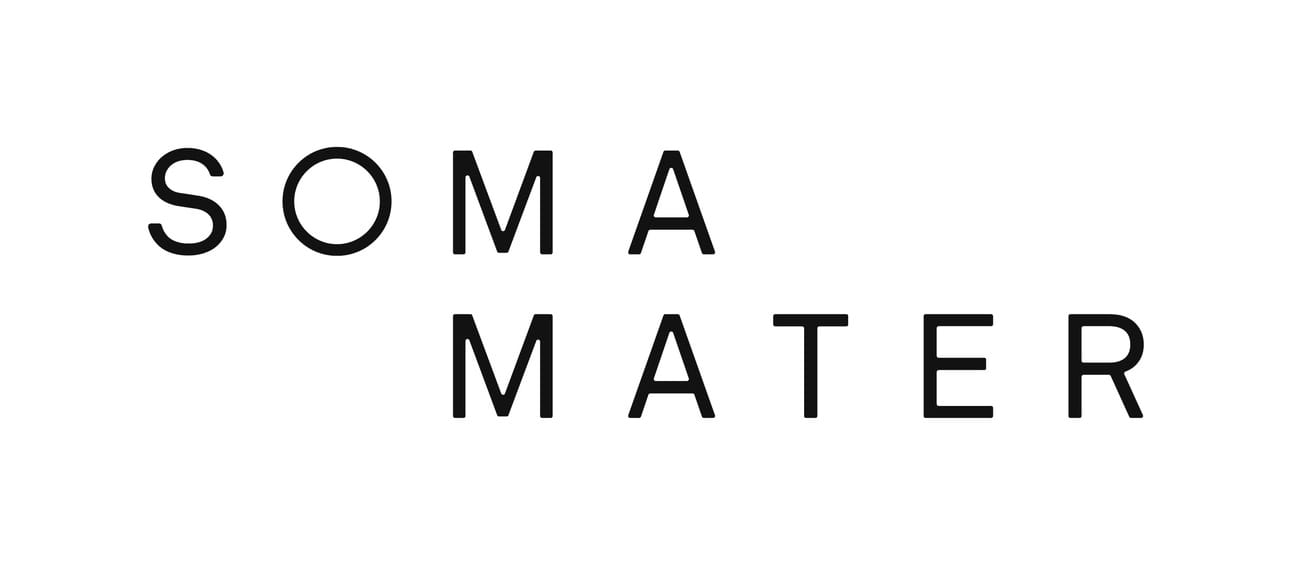
Welcome to the SOMA MATER weekly newsletter.
This weekly newsletter highlights the top 3 stories from the past week in food systems and sustainability, along with SOMA MATER's analysis and perspective.
What are the expected economic benefits of the Comprehensive Economic Partnership Agreement (CEPA) between the UAE and Chile?
What does the introduction of Mleiha Dairy Farm products to the market mean in the UAE’s food security journey?
How are rising temperatures and climate change impacting fish prices and fish production in the UAE's markets?
Sustainably yours,
The SOMA team
From Copper to Camels: UAE and Chile Sign Trade Agreement!
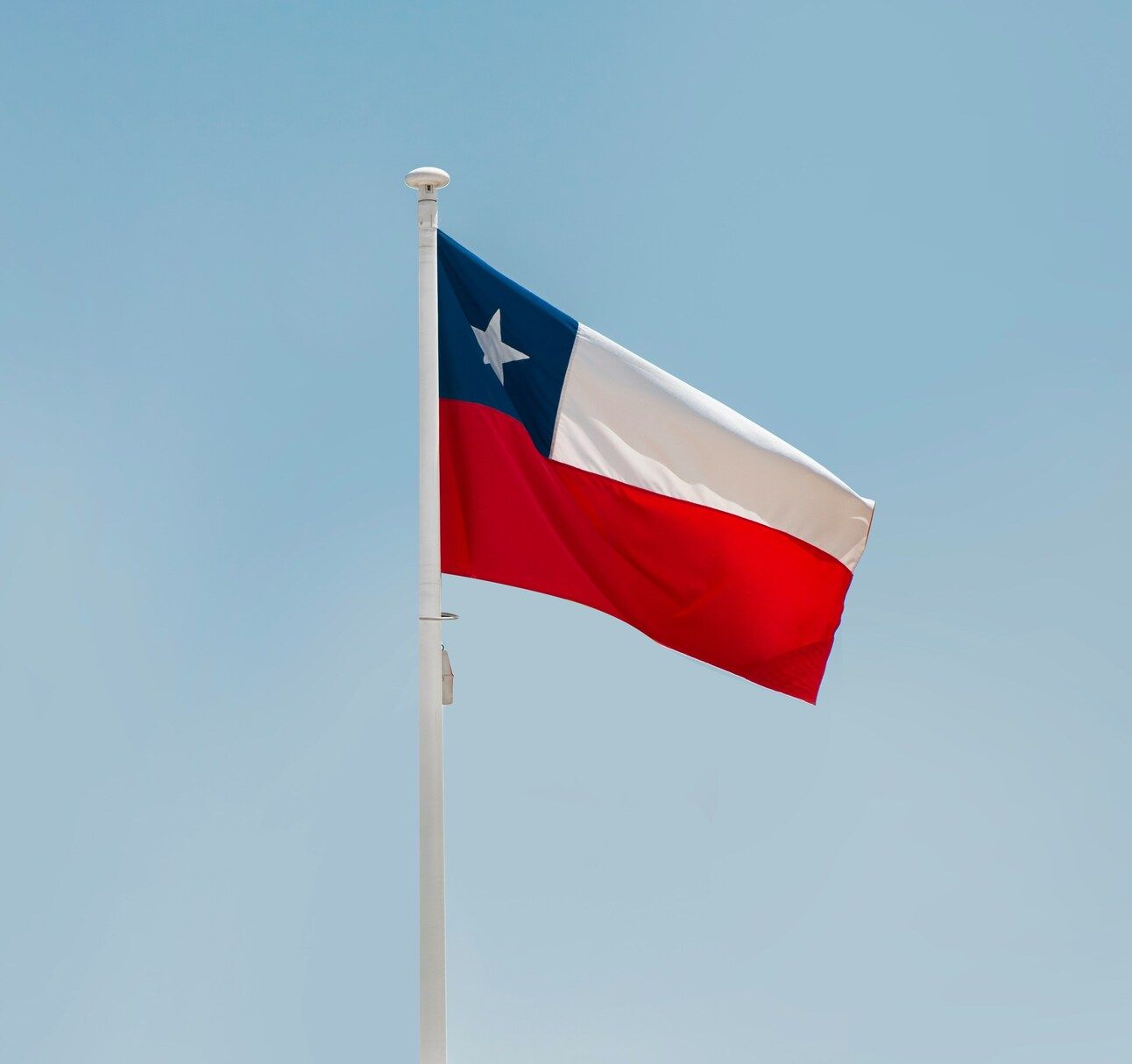
The UAE and Chile have signed a Comprehensive Economic Partnership Agreement (CEPA). This is the second CEPA agreement the UAE signed with a South American country this year. It is also Chile’s first trade agreement with a country in the Middle East and the Gulf.
The agreement will significantly reduce or eliminate customs duties on 99.5% of the UAE’s imports from Chile. It aims to open market access to services exports, remove unnecessary trade barriers, and facilitate investment and joint ventures. It is expected to boost non-oil bilateral trade to $750 million by 2030, more than doubling last year’s $306 million. The value of UAE exports is likely to increase by $247 million by 2030, creating opportunities for the private sector in manufacturing, mining, financial services, renewable energy, tourism, and agriculture.
Chile is the 4th largest economy in South America and the world’s largest copper producer and the second-largest lithium producer. In 2022, Chile exported $146 million to the UAE, with the main products exported being malt extract, iron ore, and nitrogenous fertilizers. Between April 2023 and April 2024, the value of Chile's imports from the UAE have increased by $4.97 million (267%) from $1.86 million to $6.84 million.
Soma’s Perspective:
The UAE is expanding trade relationships with South America to deepen ties with Latin America. Expanding trade agreements opens new opportunities in green tech, food, and other sectors, aligning with the UAE's strategy to strengthen ties with emerging markets. The UAE’s Economic Diplomacy leverages diplomatic relations to create economic opportunities, boost non-oil sectors, and support knowledge-based activities. Trade agreements help diversify the economy, increase exports, and attract foreign investment, fostering economic growth. The UAE’s BRICS membership is a key example, in addition to the UAE’s accomplishments in fostering strong trade partnerships worldwide through its CEPA program.
Sources:
https://www.thenationalnews.com/business/economy/2024/06/25/uae-colombia-trade-and-investment-to-accelerate-as-latin-american-markets-beckon/#:~:text=The UAE has signed a,strengthen its ties with Brazil.
Moooo-ve Over Regular Milk: Mleiha Dairy Farm Products Hit The Shelves!
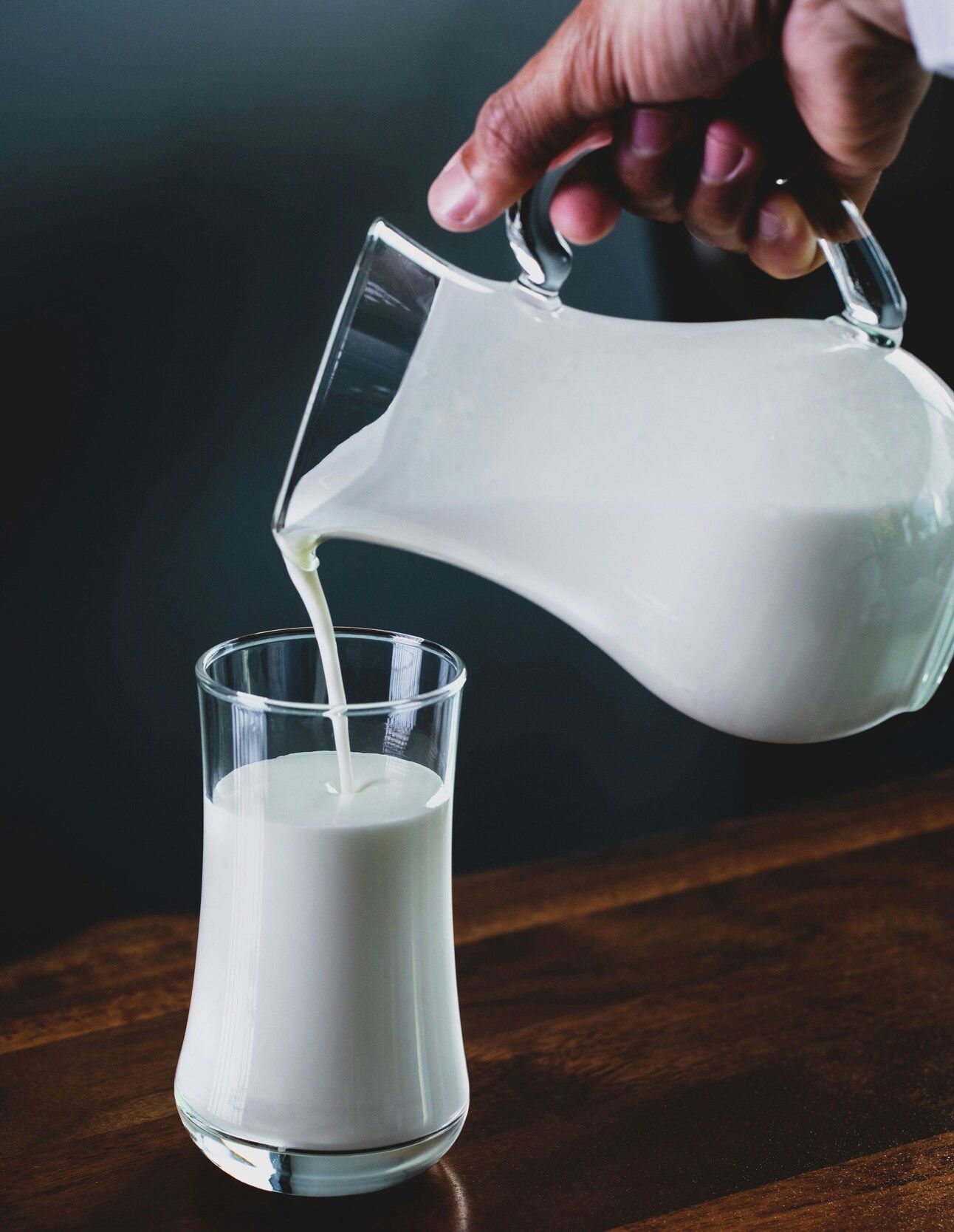
Mleiha Dairy Farm products hit the shelves at Sharjah Cooperative Societies as the first selling point in the UAE. The products are now available in 28 branches of the Sharjah Cooperative Society across Sharjah city, the eastern regions, and the central regions of the Emirate of Sharjah. The supply will be extended to all Sharjah Cooperative Societies branches.
The products come in 2 liters, 1 liter, and 250 ml sizes. More than 17,000 packages were sold within the first few days of the products’ launch. Sharjah Cooperative Societies has become the first retail chain in the UAE to offer this premium organic product, in collaboration with the Department of Agriculture and Livestock and the Sharjah Agriculture and Livestock Production EST.
The Mleiha Dairy Farm is managed by the Sharjah Agricultural and Animal Production Establishment. The farm houses purebred cattle that produce A2A2 protein milk without alterations or additives. Daily milk production is expected to increase from 75 tons to 310 tons, with a budget of 600 million dirhams.
The dairy farm is complemented by a poultry farm that is due in 2025, and the wheat farm which has already been announced. These projects mark significant supply capabilities of 3 livestock based protein out of the 5 laid out in the UAE Food Security Strategy 2051.
Soma’s Perspective:
Sharjah's latest food security projects stand out for their forward-thinking and integrated approach to sustainable agriculture. These initiatives are not just typical investments; they focus on producing nutritionally superior food with future-ready practices. What sets these projects apart is their circular, sustainable design. The dairy and planned poultry farms plan to recycle animal waste as fertilizer for the wheat farm, enhancing soil health and promoting water conservation. This holistic masterplanning represents a significant advancement in creating sustainable food systems in the region, positioning Sharjah as a leader in innovative agricultural practices.
Sources:
Fishy Business: Price Hikes Make Waves in Dubai and Sharjah Markets!
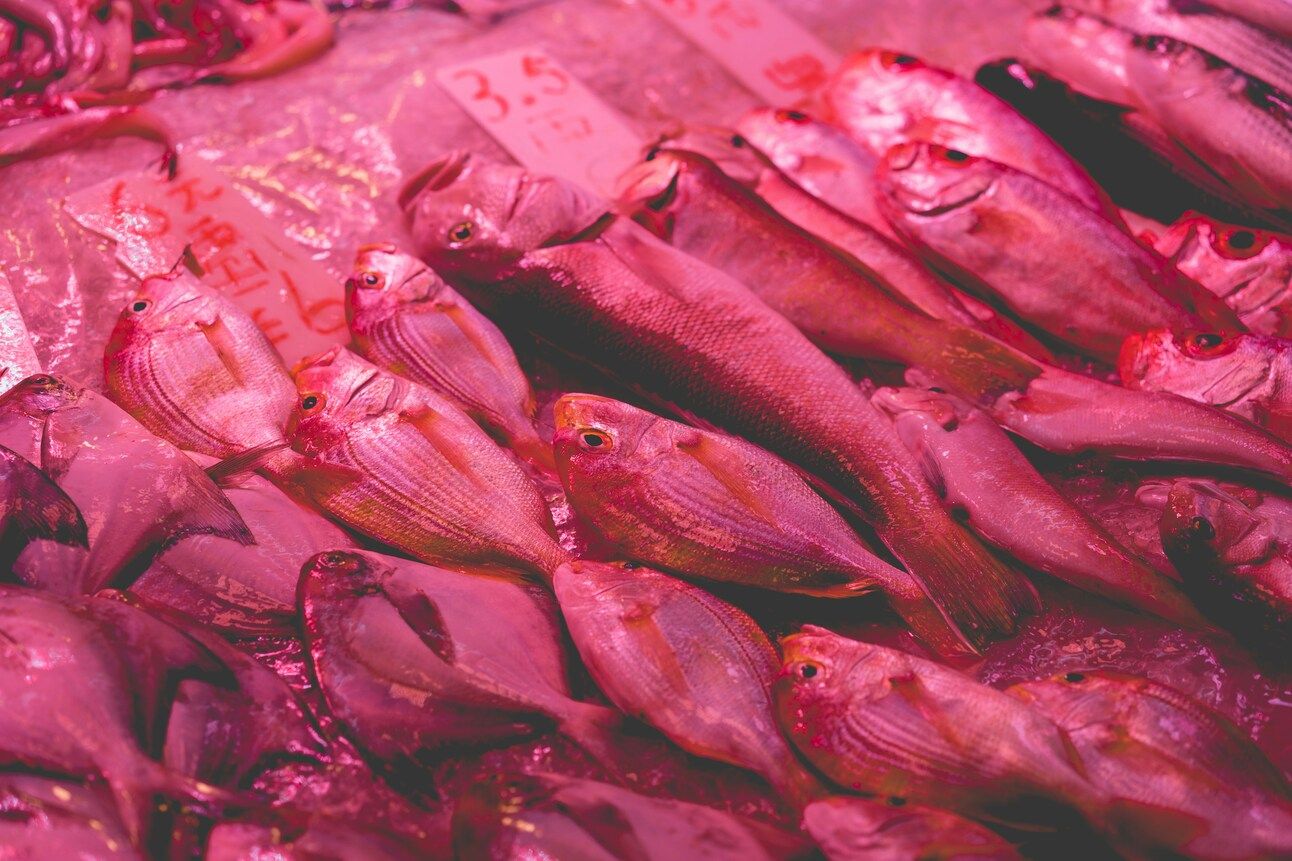
The prices of fresh fish in Dubai, Sharjah, and eastern towns have increased due to higher temperatures. Some rates have nearly doubled. This has occurred to nearly all varieties of fresh catch in fish markets of both Emirates. Vendors report struggling to maintain usual sales volumes because clients are out of town for their vacations. They also report difficulty in setting the price of the fresh catch.
Fishermen attribute the rising prices to fewer fishing boats venturing into the sea due to high summer temperatures and humidity levels. For example, Hammour, which used to be priced at Dh25 per kilogram, is now being sold for Dh50 to Dh60. Similarly, Sheri, previously costing Dh15, is now priced at Dh35. Farsh, once available for Dh15, is now Dh25. Kingfish, usually priced at Dh30 per kilogram for a whole fish, is now available at Dh50. Seabream and sea bass, previously costing Dh25, are now priced at Dh35. On average, fish prices have increased 85%.
As water temperatures rise, fish move to deeper waters, leading to higher prices due to reduced catches. The U.S. Environmental Protection Agency reports that the top layer of the world's oceans is warming by 0.1°C per decade. A 2017 study by the University of Washington concluded that fish in warmer regions will be most impacted by rising temperatures. According to the FAO, UAE fisheries catches peaked at 117,607 tonnes per year in 1999 but have been declining since (Figure 1). UAE fish production was reported at only 65,509.910 tonnes in 2022.
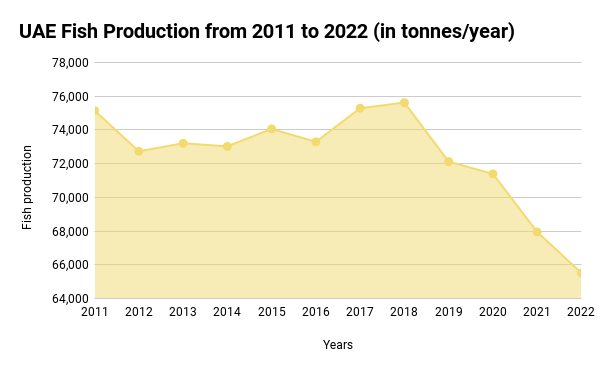
Soma’s Perspective:
The rise in fish prices due to higher temperatures is a seasonal issue that will likely worsen with intensifying climate change. This is a prime example of how environmental factors impact the economy and food security, both on land and in water. Although the UAE has done much to protect and ensure sustainable fisheries, climate change is now adding negative pressure to catches. This trend is what is driving the UAE’s constant focus on aquaculture.
Source:
SOMA MATER is writing Intelligence Reports on the topics of Food Security and Net Zero Transition. If you’d like to know more, contact us through the link below: